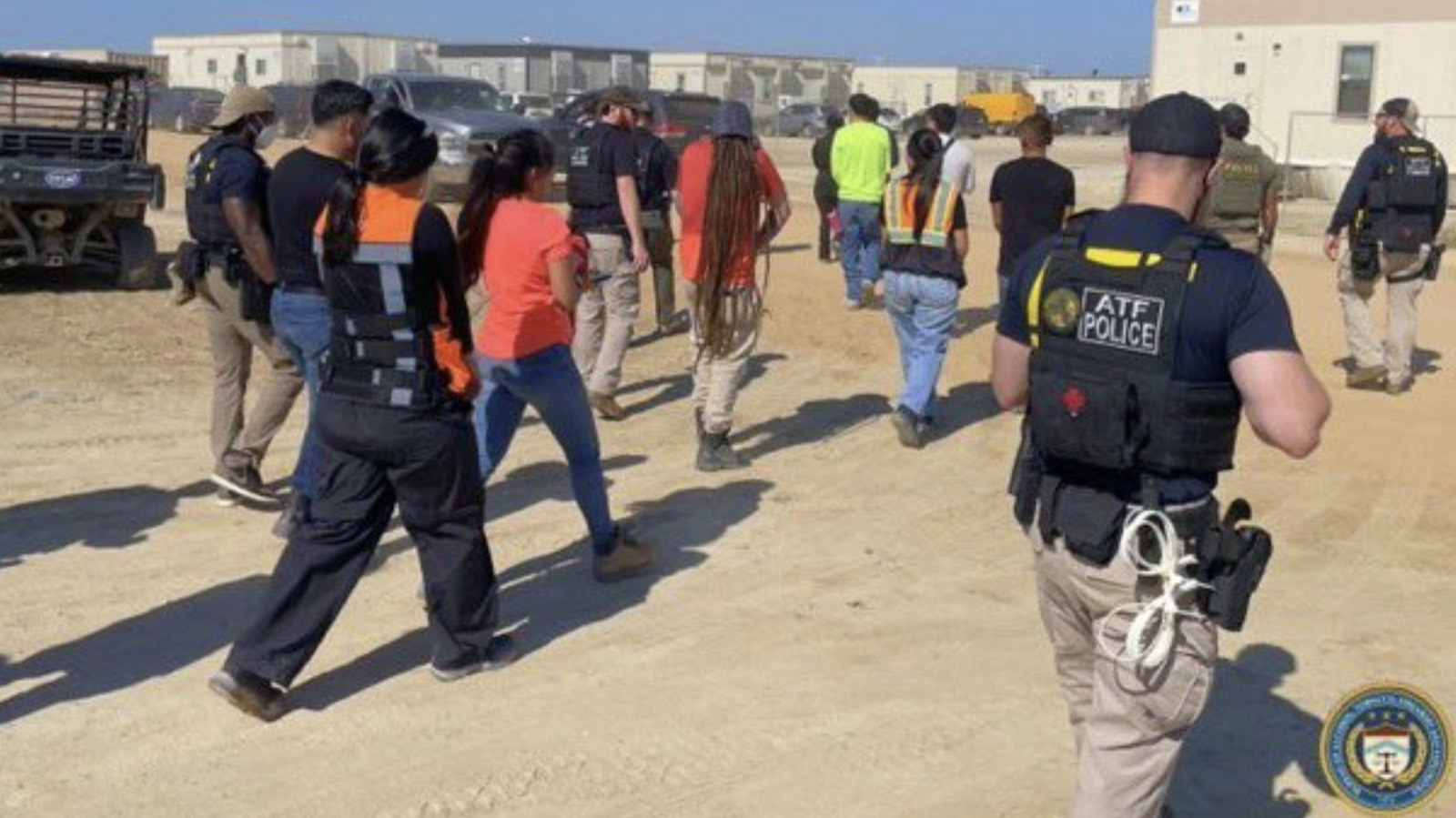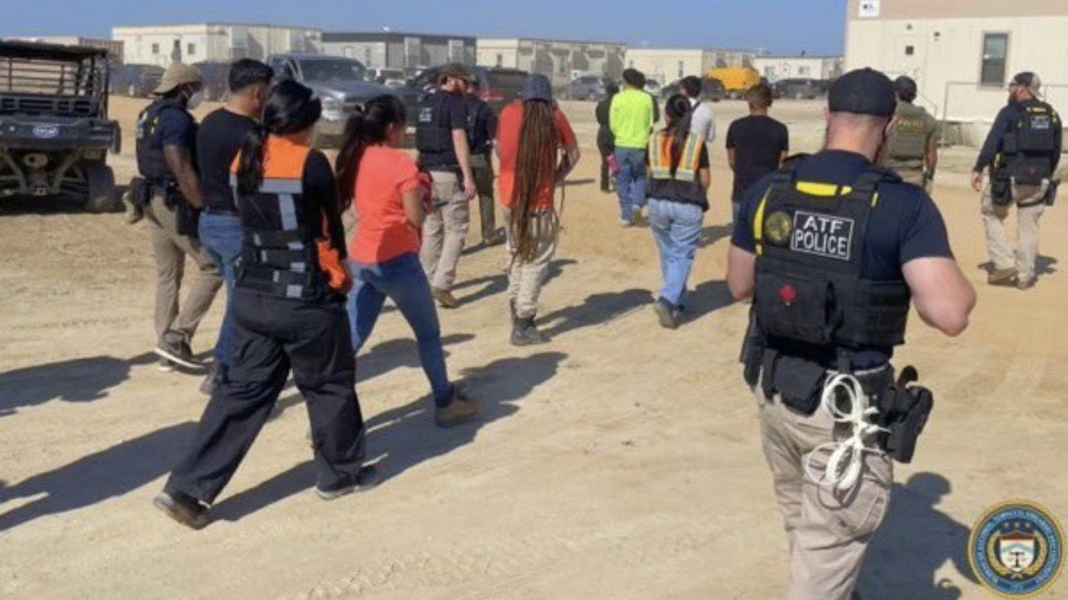Why Did Authorities Detain Hundreds of Workers at a Georgia Hyundai Facility?
When news broke that nearly 500 workers were detained at a Hyundai supplier facility in Georgia, the immediate question on everyone’s mind was: what happened? According to statements from the Department of Homeland Security (DHS), there’s a strong suspicion that these individuals were living and working in the U.S. without legal authorization. This isn’t just a local story—it’s a snapshot of a much larger national conversation about immigration, labor, and the responsibilities of major corporations.
What Led to the Mass Detention at the Plant?
The operation unfolded after months of investigation. Federal officials, acting on tips and internal audits, coordinated with local law enforcement to carry out the sweep. The workers, many of whom had been on the job for months or even years, were taken into custody as part of a broader crackdown on undocumented labor in the automotive supply chain. The DHS pointed to evidence suggesting that hiring practices at the facility may have skirted federal employment verification requirements.
How Common Are Large-Scale Immigration Raids in U.S. Manufacturing?
While this event made headlines, it’s not an isolated incident. Over the past decade, there’s been a noticeable uptick in workplace enforcement actions, especially in industries that rely heavily on manual labor. According to a 2023 report from the Migration Policy Institute, manufacturing and food processing plants have been among the most frequent targets. In 2019 alone, U.S. Immigration and Customs Enforcement (ICE) conducted over 6,000 worksite investigations, resulting in thousands of arrests. The automotive sector, with its sprawling network of suppliers, is particularly vulnerable to these kinds of disruptions.
What Are the Implications for Hyundai and Its Suppliers?
For Hyundai, the fallout goes beyond immediate operational headaches. There’s reputational risk, potential legal exposure, and the challenge of quickly filling hundreds of suddenly vacant positions. Industry analysts note that large automakers often rely on third-party suppliers for labor-intensive tasks, which can create blind spots in oversight. If suppliers cut corners on background checks or paperwork, the parent company can still face public scrutiny and regulatory penalties. Hyundai has stated it’s cooperating fully with authorities and reviewing its contractor relationships to prevent future lapses.
How Does This Affect the Local Community and Economy?
The impact on the local community is immediate and deeply felt. Many of the detained workers were breadwinners for their families, and their sudden absence ripples through schools, churches, and small businesses. Local officials in Georgia have voiced concern about the economic shock, especially in towns where a single plant can be the backbone of the job market. According to the Economic Policy Institute, undocumented workers make up roughly 4.4% of the U.S. workforce, and their removal can create labor shortages that are hard to fill overnight.
What Rights Do Detained Workers Have?
Even in the midst of high-profile raids, detained individuals retain certain legal rights. They’re entitled to due process, access to legal counsel, and the ability to challenge their detention in immigration court. Advocacy groups like the American Immigration Council emphasize that many detained workers may have valid claims for relief, such as asylum or family-based petitions. However, navigating the system is notoriously complex, and language barriers or lack of resources can make it even tougher.
What Can Employers Do to Avoid Similar Situations?
For companies, the lesson is clear: robust compliance programs are non-negotiable. This means more than just checking boxes on I-9 forms. It requires regular audits, training for HR staff, and a willingness to dig deeper when something seems off. Experts recommend partnering with reputable staffing agencies and investing in technology that flags suspicious documentation. The Society for Human Resource Management (SHRM) suggests that transparency and proactive communication with employees can also help build trust and avoid misunderstandings.
How Might This Shape Future Immigration Policy?
Events like this often reignite debates in Washington about the need for comprehensive immigration reform. Lawmakers on both sides of the aisle acknowledge that the current system is riddled with inefficiencies and loopholes. Some advocate for stricter enforcement, while others push for pathways to legal status for long-term workers. Recent polling from Pew Research Center shows that a majority of Americans support both stronger border security and a process for undocumented immigrants to earn legal status. The challenge is finding common ground that addresses labor market realities without sacrificing fairness or compassion.
What Should Workers and Families Do If They’re Affected?
If you or someone you know is caught up in a workplace raid, the most important step is to seek qualified legal help immediately. Local nonprofits, immigrant rights organizations, and pro bono attorneys can offer guidance and support. It’s also wise to have a family preparedness plan in place, including emergency contacts and copies of important documents. Staying informed about your rights and available resources can make a world of difference during a crisis.
The big takeaway? Navigating the intersection of immigration and employment isn’t about perfection—it’s about smarter adjustments. Start with one change this week, and you’ll likely spot the difference by month’s end.


